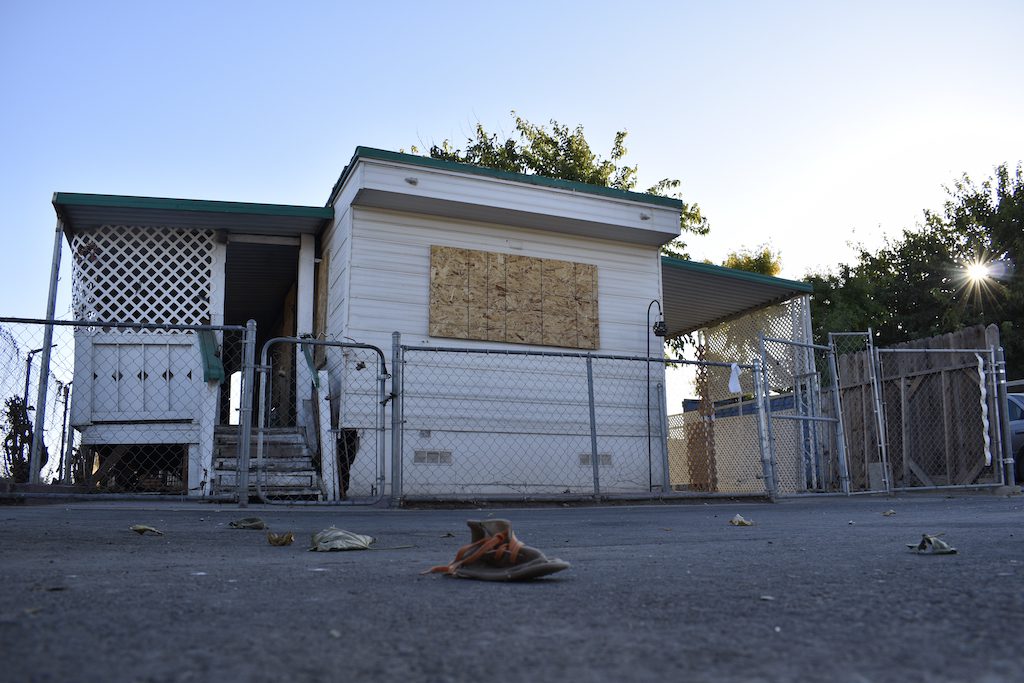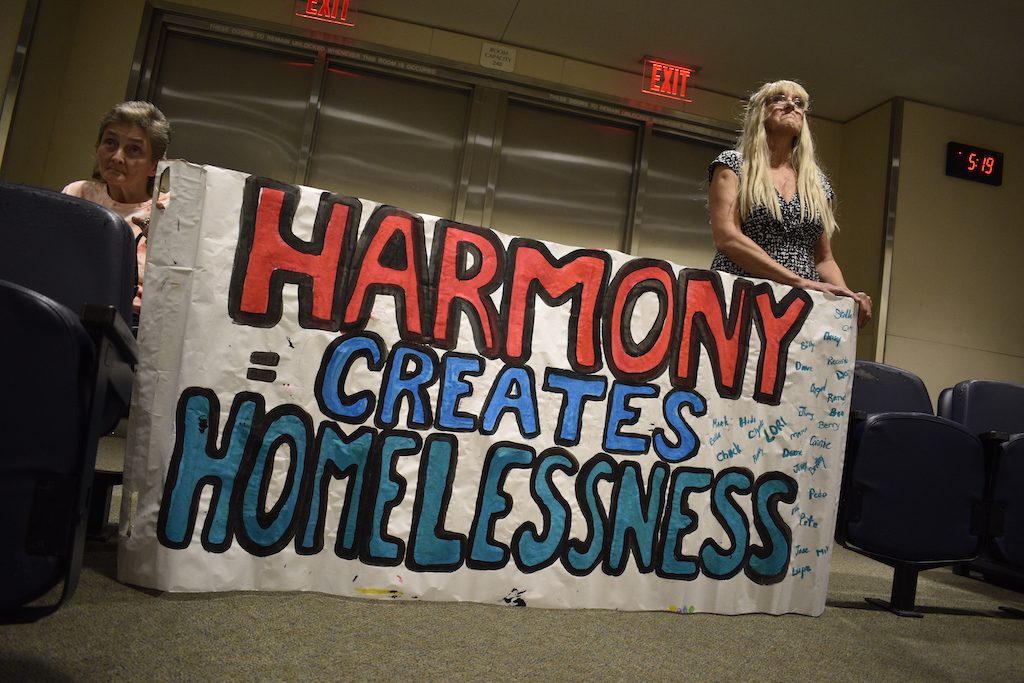By Pablo Orihuela
Don’t let the cool looks of Dustin Hoffman and Robert Redford in “All The President’s Men” fool you. One of the perks of working in the journalism industry is that the vast majority of us don’t have to wear a work uniform. I suppose my peers here in the Central Valley could wear a suit and tie everyday while they’re out in the field, but good luck getting somebody to want to talk to you while you’re drenched in sweat and body odor!
Nope. I’m liable to be caught wearing joggers and a thrifted button-up when I talk to sources. Oddly enough, I think people in my community appreciate that about me.
But I have to admit, my stance on uniforms wasn’t always like this.
My career as a journalist began at Pierce College where I was a 21-year-old experiencing a first taste of independence from his parents. It felt like the next great chapter of my life was just getting started.
I was as extroverted as you’d expect from somebody living in Los Angeles. And yet even my supportive mentors at Pierce couldn’t prepare me for what I experienced as the dread of walking up to a source, often a total stranger, to ask them a series of questions. That’s right, the most basic element of journalism was the part of the job I hated the most.
Writing an article about a book or a play is different than writing one about a member of your campus community if nothing else than for the very simple fact that they can talk back.
Sometimes their comments can be nice. Sometimes.
I can distinctly remember the crippling anxiety that came with having to talk to total strangers, wondering if they would be kind enough to spend a couple moments answering what I thought were incredibly important questions regarding their thoughts on the upcoming meet-the-clubs event.
Chatting up strangers at the bar was easy, I mean, who doesn’t want to make friends in this city? But situations like those were different. Most of the 20-or-30 somethings at the bars I frequented go out expecting to socialize.
Who am I to assume the students hanging out at the bookstore, the professor walking down the campus mall or the administrator I had just so conveniently encountered during their lunch break wanted to talk to me?
A trick that I found helpful was my press pass. It was a signal to the campus that I wasn’t just some stranger looking to yap their ear off, but an integral part of their community. The press pass was part of my uniform as a student reporter.
When I approached people with my press pass, the members of the campus community knew I was just doing my job as a student reporter. If they were lucky, I’d sometimes deem their input necessary for my story.
And boy did that trick work! I had carefully constructed a suit of armor that protected me from most criticism. Like the heroes in the comic books, my press pass was my costume, and that suit helped me assume the identity of the campus’ student reporter, and not the stress-stricken student who was just hoping you’d have a quote or two for me on the upcoming student government elections.
My press pass served me well all throughout undergrad. I even became editor-in-chief of my student paper before graduation. I’d like to think I did most of the leg work to achieve that, but I’ll never forget my little press passes for helping me out.
But something changed along the way to becoming a professional local news reporter. As a reporter covering the Central Valley, my seemingly reflexive reach for my press pass had stopped. In fact, it stopped almost immediately.
At first, I would clumsily forget my press pass in my house or the office before heading out to the field. I felt naked. And yet, nothing terrible happened when I went out “naked.”
Later I noticed that on days when I was proudly suited up with my press pass, I found it harder to do my job.
In fact, I noticed that the same odd looks I would get when approaching people on campus without a press pass were the looks I was getting from people out in the city when I approached them with a press pass.
I quickly realized that my suit of armor was being perceived as an awkward buffer to the people of my community. My press pass, part of my super casual uniform, seemed to present me as an interloper who was more interested in my own story than in the person themselves.
I ended up ditching use of my press pass entirely and, sure enough, everybody started talking to me again. Quite enthusiastically, too!
I was inadvertently being told by my fellow neighbor that they’d love to talk to me and share their stories if I came to them not as a reporter, but as a member of their community.
And what are journalists if not members of our community?
All the stories that I’ve had the privilege of hearing come from people who are happy that they’ve found somebody who wants to listen in the first place. I’ve always seen journalism as a public service, and I’ve always felt that my best reporting came from within the communities I was reporting from.
I now gladly show up to community and local government events without my press pass and, sure enough, I’m let in without much of a push back. In fact, most people seem to greet me.
All the people I’ve talked to now have my number and know they have an open line of communication to me either for tips on a future story or to plan a lunch date to catch up on what they’re doing.
So I suppose you can say I still go out and report with a sort of uniform.
I’ve swapped my press badge for a badge of honor within the community. It may not be visible, but know that I’m always proudly wearing it when I’m out reporting.
Pablo’s published clips:
- This program helped Fresno renters find affordable housing in a competitive market. It might lose funding
- Tower District future at stake in clash over decades-old industrial tensions in Fresno
- Inside the nearly three-year struggle for residents at Fresno’s La Hacienda mobile home park



